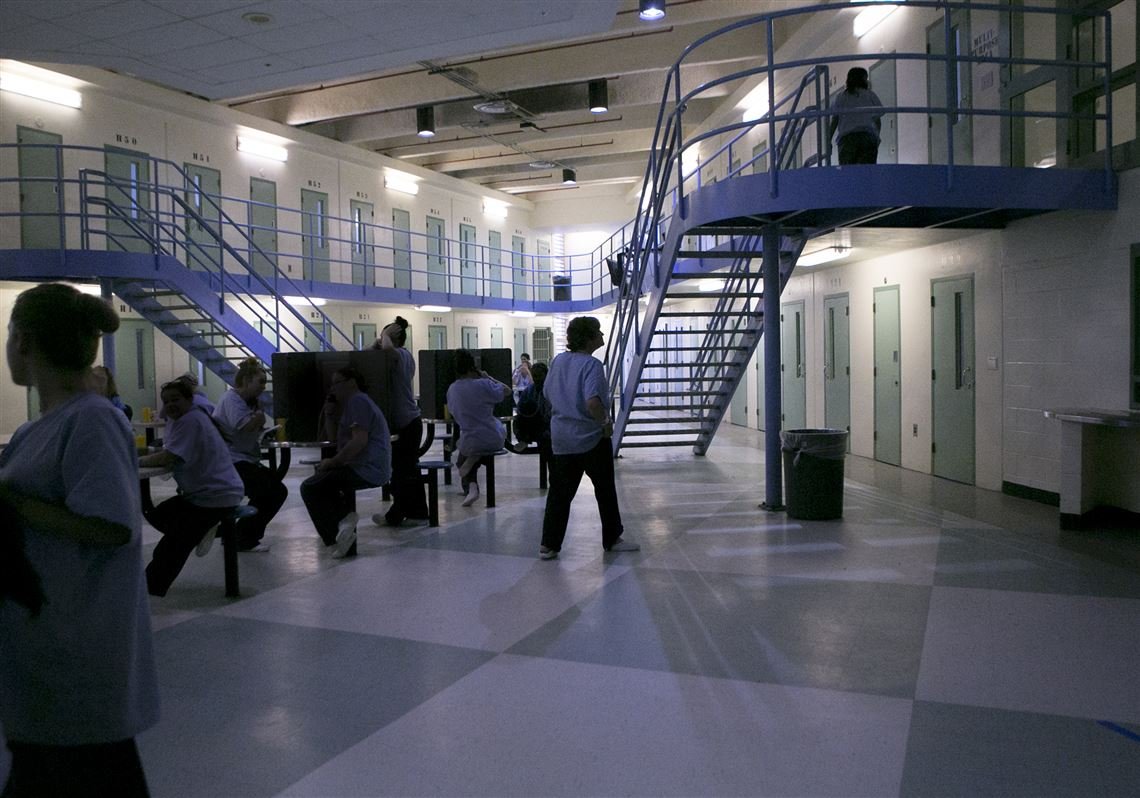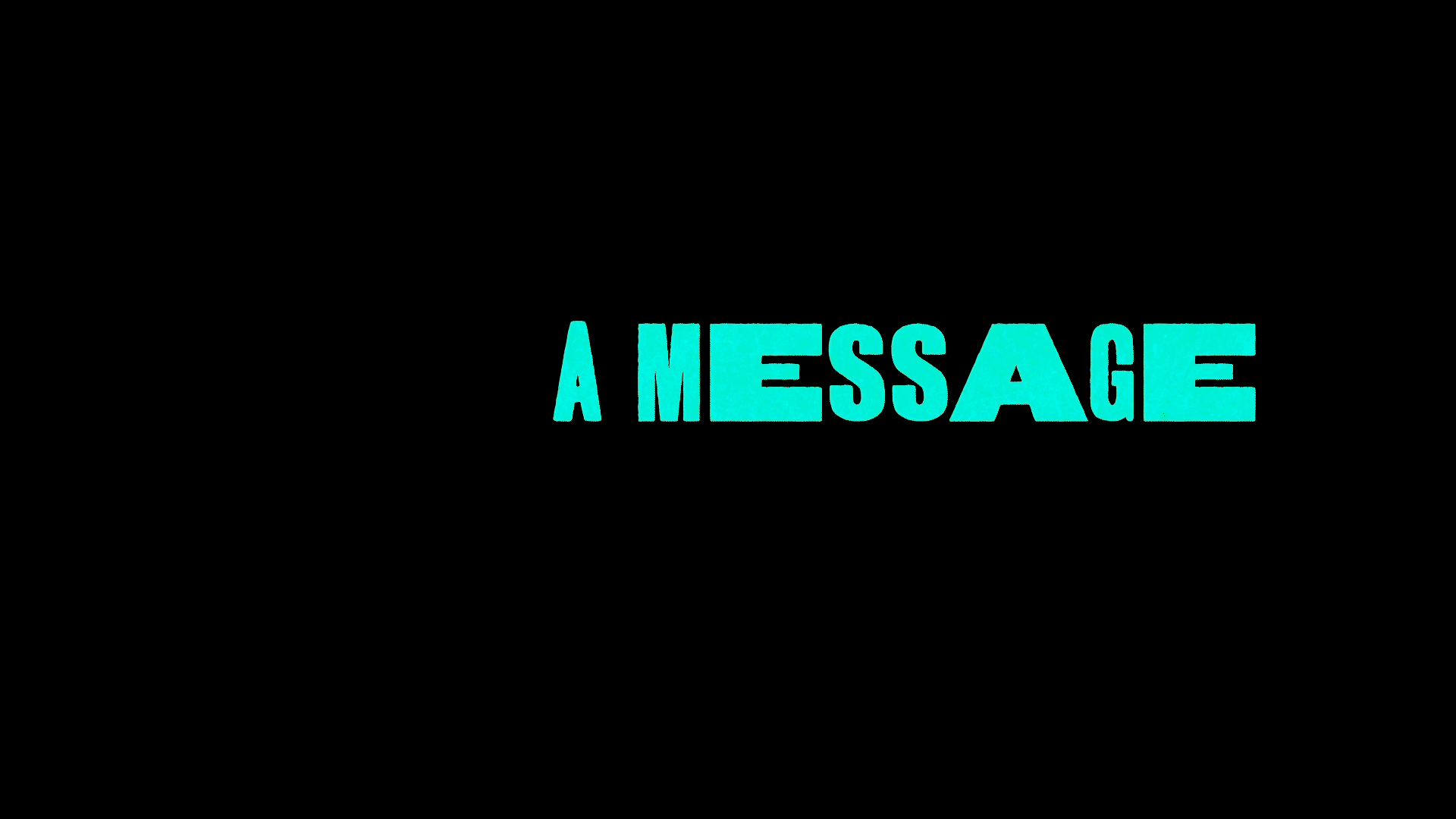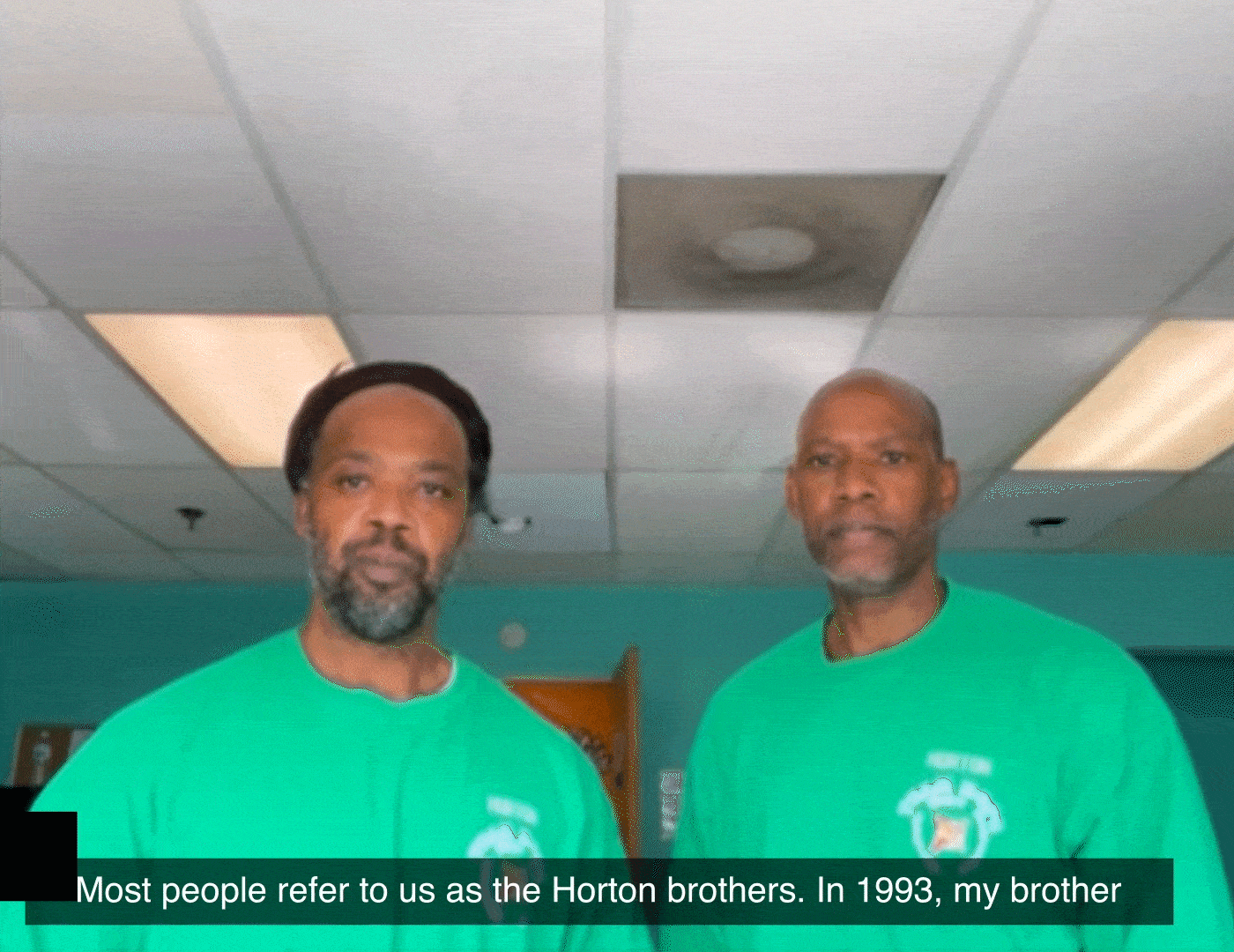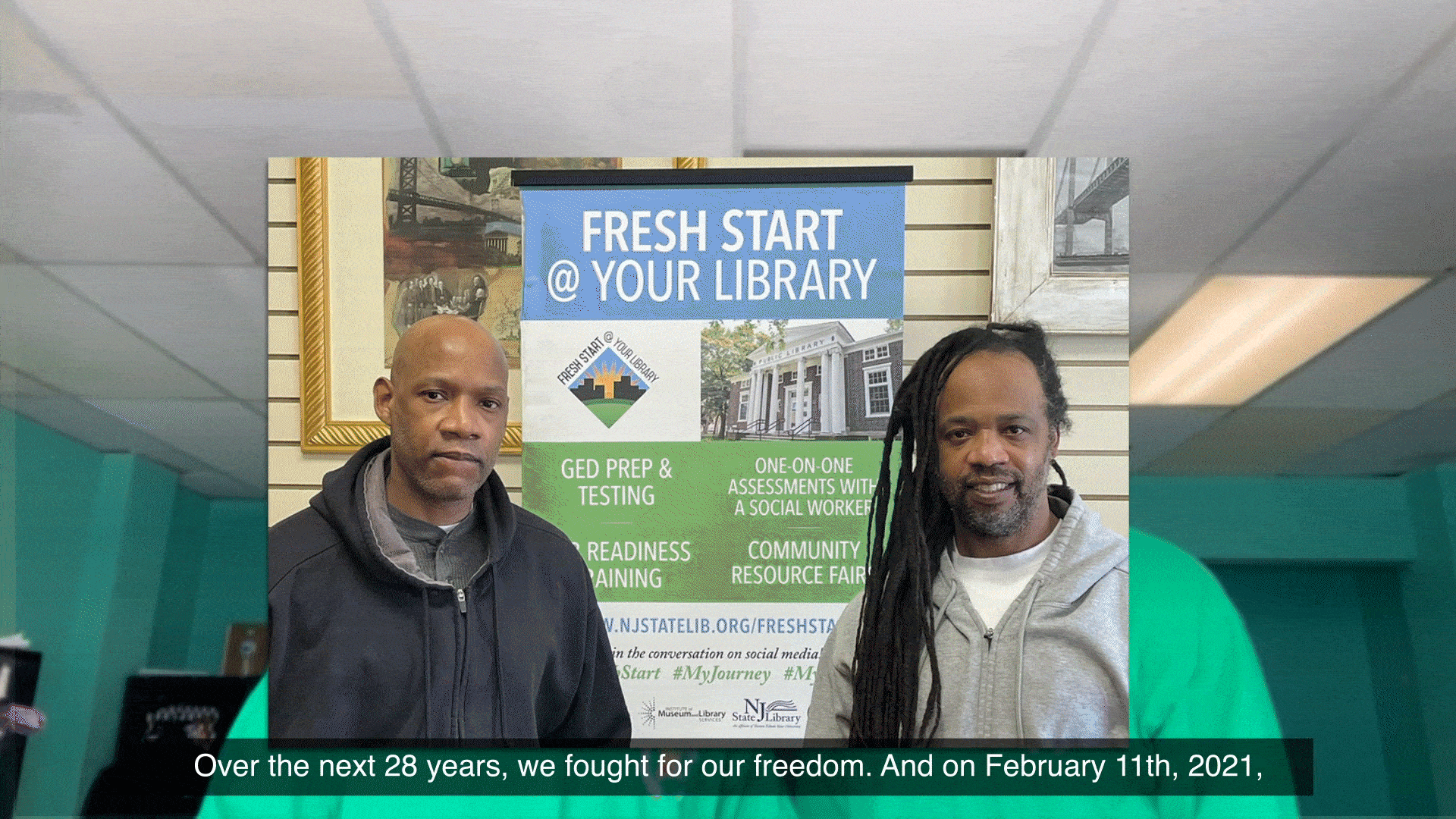Addressing Vaccine Hesitancy in the Philadelphia Prison System
Riverside Correctional Facility (Picture from Pittsburgh Post-Gazette)
Context
In the spring of 2020, I worked with Dr. Kathleen Brown, a Practice Associate Professor of Nursing at the University of Pennsylvania, to volunteer at Riverside Correctional Facility, a local women’s jail.
When the rapid spike of COVID-19 in March closed access into Riverside, I couldn’t stop thinking about the folks I had gotten the chance to meet, the majority of whom were BIPOC and low-income individuals charged with minor drug and alcohol related offenses. Due to underlying health conditions, many of these women were immunocompromised and therefore at risk of serious illness.
In early 2021, my friends - Josh Kim and Anna Chen from Educare - and I reached out to Dr. Brown to ask if there were ways to help.
We identified a key issue: vaccine hesitancy.
By this time, vaccines had been distributed, but the majority of incarcerated individuals were still hesitant to accept it. In the context of a carceral system that deprives people of autonomy, this was understandable — but the extremely low (about 30 percent) vaccination rates, alongside the high infection rates, became more dangerous as the weeks went by.
Cases in the Philadelphia prison system in 2020 (Graph from prisonpandemictracker.com)
Research
Most of our research was conducted through conversation. In the summer of 2020, I attended the Community Conversation series and other virtual events held by Amistad Law, West Philadelphia’s public interest law firm, and had the chance to listen to issues brought up by friends and family of incarcerated people. We initiated this project under the guidance of Dr. Kathleen Brown, who had volunteered at Riverside since the late 80’s. I also had knowledge of day-to-day concerns from my time volunteering.
Dennis & Lee Horton (Picture from Generocity)
Dr. Brown introduced us to Dennis & Lee Horton, two brothers who had been wrongly convicted of murder in 1993 and sentenced to life in prison.
After 28 years of trying to prove their innocence, they were granted clemency by the state of Pennsylvania and released in early 2021. The Horton brothers were well-known and loved by the others at SCI Chester; in their quarter-century of wrongful imprisonment, they had trained to become certified peer specialists to help other incarcerated individuals in crisis. They ran classes, became Wellness Recovery and Action Plan (or W.R.A.P.) facilitators, and organized advocacy initiatives. They were also huge proponents for getting the vaccine, in large part due to the crisis they had witnessed firsthand at Chester.
The key takeaway from the conversations was the fundamental lack of trust not only in the vaccine, but in the systems administering it. People receive information & guidance primarily from friends and family via word of mouth.
Process
We proposed the idea of a short video that would be shown in the common areas of Riverside and Dennis and Lee kindly agreed to share their stories. Together, we discussed the content of the video over a series of calls, and after Josh, Anna, and I outlined some of the key points, the Horton brothers filmed a video speaking about their own experiences and why it was so crucial to receive the vaccine. In the post-editing stage, I added typography, photos, and short animations for clarity.
Final Video
Dennis and Lee introduce the history of their wrongful conviction, their fight for freedom, and why it is critical to get the vaccine.
You can watch the full video here:
Results
While initially we had planned for the video only to be shown at Riverside Correctional Facility, it was eventually broadcasted at all the jails and prisons in the Philadelphia prison system. Unfortunately, we were not able to get a precise measurement of its efficacy because it was run in conjunction with a few other vaccination initiatives.
What we do know is that in combination with these other efforts, eventually more than 80% of incarcerated people in the Philadelphia prison system were safely vaccinated.
Conclusion
This was not intended as a design project. There was no explicit “how might we”, no competition analysis, no user journey - only a real sense of pain & urgency from the folks we spoke to. We appreciate the framework that the design process gave us, but incarceration is systemically rooted in racial and socioeconomic oppression and we acknowledge that design is not the ultimate solution.
We are extremely thankful for the insight and experience of Dennis, Lee, and Dr. Brown. Long hours of discussion with them were invaluable to this initiative, and in potential future proposals to advocate for the incarcerated population.
As University of Pennsylvania students, we recognize the privileged position from which we were able to view vaccination. We felt it necessary to serve only as the coordinators and editors of the video, rather than the subjects in it; we are indebted to the Horton brothers’ time in sharing their stories.









